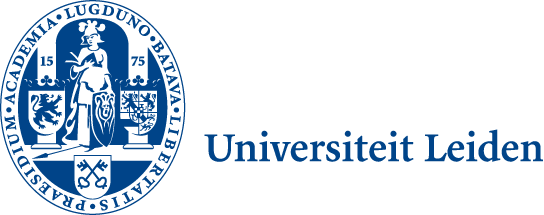- Leiden University
- Leiden Institute of Chemistry
- Master's Programmes
Thesis Talk: Fedor Bosman
Thesis Talk
Glucosamine-Based Covalent Inhibitors for Probing Underexplored Chemical Space
Fedor Bosman
- Date
- Thursday 14 Aug 2025
- Time
- 15:15 - 15:45
- Location
- BW018
- Supervisor
- Stephan Hacker
- 2nd reviewer
- Jeroen Codee
- Jury
- Bobby Florea
Covalently binding inhibitors are of recent interest for the development of new drugs. If the covalent reactivity and target selectivity are fine-tuned, then these covalent inhibitors can be safe and highly efficacious drugs.
In this work the design, synthesis, and evaluation of polar, sugar-based targeted covalent inhibitors are explored to assess their potential as new drug candidates. A library of glucosamine-based covalent inhibitors was synthesised with varied warheads and differences in lipophilicity. Alterations on the anomeric position were made to yield O-methyl and azide variants in order to further increase the diversity of the library. Furthermore, the groundwork of an analogous galactosamine library was made.
These compounds were assessed for their reactivity, and biological activity using a range of biochemical and microbiological assays. Residue-specific chemoproteomics experiments were used to identify the targets and degree of occupancy of the synthesized inhibitors.
Acetylated compounds demonstrated promiscuous labelling due to their lipophilicity, whereas hydrophilic derivatives showed greater selectivity. A promising hit on tumour protein p53, a protein known to be involved with human cancers, was found when studying inhibitor 4 (2-chloroacetamido-2-deoxy-D-glucose). Thiol reactivity assays and gel-based activity-based protein profiling confirmed the expected relative reactivity of chloroacetamide and acrylamide warheads. Minimum inhibitory concentration assays were performed against S. aureus. Both the synthesized library compounds as well as chemical derivatives produced by in-plate copper-catalysed azide-alkyne cycloadditions were tested. While the azide-containing library compounds did not produce antimicrobial activity, the chemically derived triazole compounds showed activity against S. aureus.
Overall, the findings in this study show that sugar-based compounds can function as covalent inhibitors. The natural selectivity of these polar compounds can be controlled by altering their lipophilicity.
Are you interested in the MSc Chemistry or MSc Life Science & Technology programme?
Find out more about the programmes, career prospects & how to apply.

